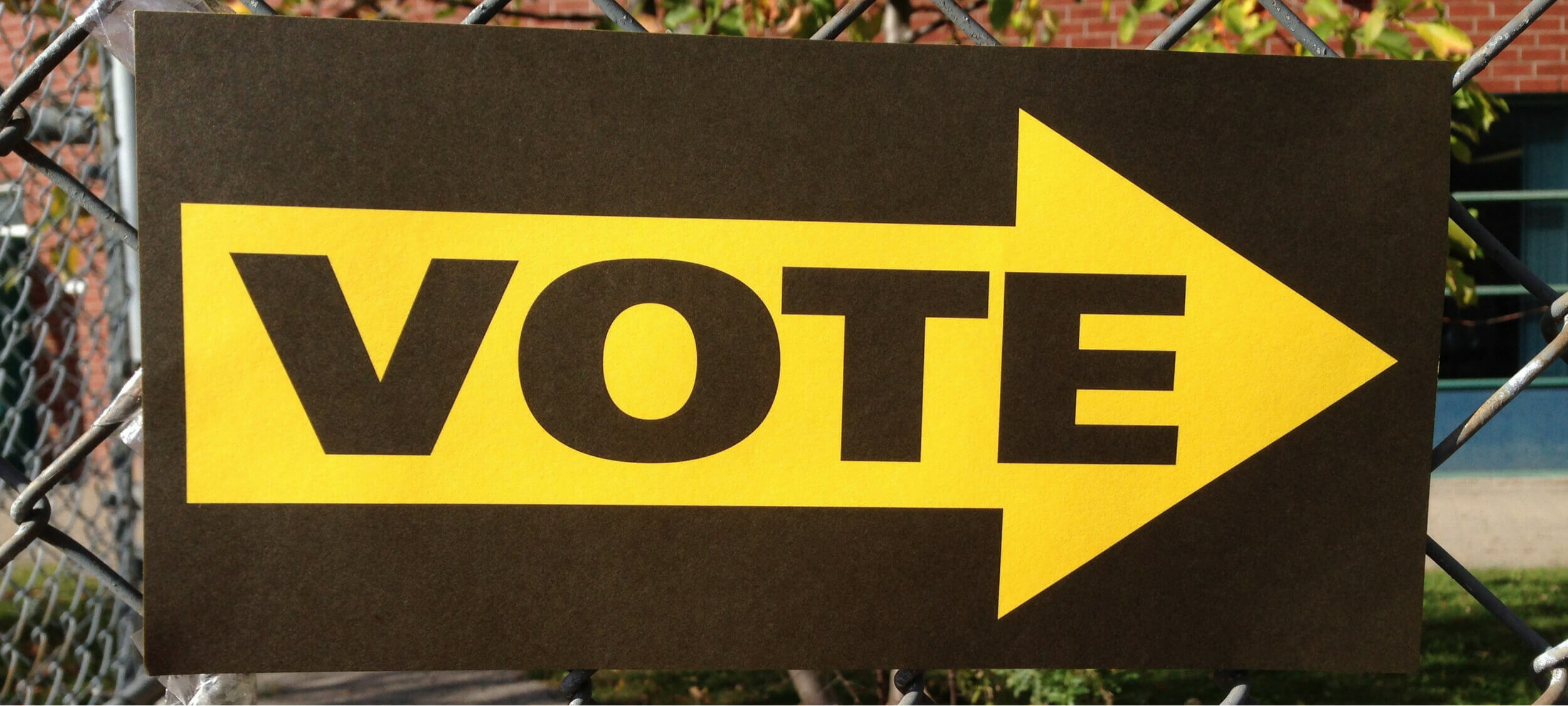
Why compulsory voting undermines democracy
Opinion + AnalysisPolitics + Human Rights
BY Piero Moraro 1 JUN 2012
Australia is one of the 19 countries in the world that legally enforces the vote. For Australian citizens voting is not merely a right, but also a duty. First introduced in Queensland in 1915, extended to the whole country in 1924, compulsory voting is a salient feature of the Australian electoral system. But is it democratic?
The main argument in defence of compulsory voting is the importance of raising citizens’ participation in elections. Australia’s turn-out rate has never fallen below 90% since 1924, in striking comparison with most Western countries that struggle to reach 60%. These are nevertheless, merely quantitative considerations: the fact that more people go to vote is not a better thing for democracy. In fact, it could be argued that compulsory voting is likely to do more damage than good, by reducing the quality of the electoral outcome.
Forcing everyone to vote means that the voice of those with no interest in politics will influence the decision about who rules the country.
Forcing everyone to vote means that the voice of those with no interest in politics will influence the decision about who rules the country. This generates what author Jason Brennan calls ‘pollution of the polls’ in his book The ethics of voting1 and is one of the main causes of the actual crisis of democracy worldwide: incompetent politicians winning elections through media control (the recent case of Italy under Silvio Berlusconi epitomises this phenomenon).
By the same token, compulsory voting cannot be defended by arguing that a government’s legitimacy of a majority formed by a low turnout is questionable, for numbers alone do not add credibility in this regard.
Those who do not care about politics should not vote.
Favouring democracy to other forms of government cannot be because of the mere fact that democracy allows everyone’s voice in the public arena. This might be, if anything, a reason against democracy. Dragging people to the polls will do nothing to improve the quality of our democratic lives, insofar as people do not take seriously what they are doing. There must be something else that makes democracy preferable to other forms of government.
This something else is the empowerment of the citizen. In a democracy, everyone has the power to partake in determining the rules according to which the community should be run. However, the misunderstanding lies in the fact that democracy does not entitle citizens to do everything: it confers not only entitlements but also responsibilities. Those who do not care about politics should not vote.
It could even be argued that they should not have a right to vote, and maybe the state would be better off justifiably preventing them from, not forcing them into, voting. Citizens should undergo a basic competence test, as with driving. This is because careless voters may seriously undermine those other citizens who spend time and energy gathering sufficient information before voting.
People’s efforts to follow politics to develop an informed idea might be cancelled out by the vote of someone else who does not care, but still is given the power to vote. In such a situation, making the effort to follow politics might even be irrational for the individual citizen, given that this effort may well be wasted due to the careless voters. Thus, compulsory voting backfires twice, since it even makes it pointless for citizens to develop political awareness.
Compulsory voting may advance the misleading idea that democracy works even without citizens’ commitment or responsibility.
It is not only wrong to think citizens have a duty to vote. As Brennan argues in his book, it is rather the case that some citizens (those who do not care about politics) have a duty to not vote, for we all have duties to not cause damage to others. It is also the case that not everyone has the right to vote, for the latter is not an unconditional entitlement we receive through mere membership to a democratic community. If people do not care about politics, then they do not have a right to participate—forcing them to vote is counterintuitive, and counterproductive. The right to vote can be gained, and lost, depending on one’s commitment to democratic values.
Compulsory voting does not seem to offer any substantial advantage to the democratic life of a country, since quantity does not mean quality (and in the end, it is the quality of our decision-making procedures that should matter). Compulsory voting may advance the misleading idea that democracy works even without citizens’ commitment or responsibility. To be sure, no one should be forced to be a responsible citizen: however, neither should anyone be forced to do what responsible citizens can do; that is, cast their vote at election time.
Reference
1. Brennan, J. (2011), The ethics of voting, Princeton University Press
Ethics in your inbox.
Get the latest inspiration, intelligence, events & more.
By signing up you agree to our privacy policy
You might be interested in…
Opinion + Analysis
Business + Leadership, Politics + Human Rights
Character and conflict: should Tony Abbott be advising the UK on trade? We asked some ethicists
Explainer
Politics + Human Rights
Thought Experiment: The famous violinist
Opinion + Analysis, READ
Politics + Human Rights
How to find moral clarity in Gaza
Opinion + Analysis
Politics + Human Rights, Science + Technology



